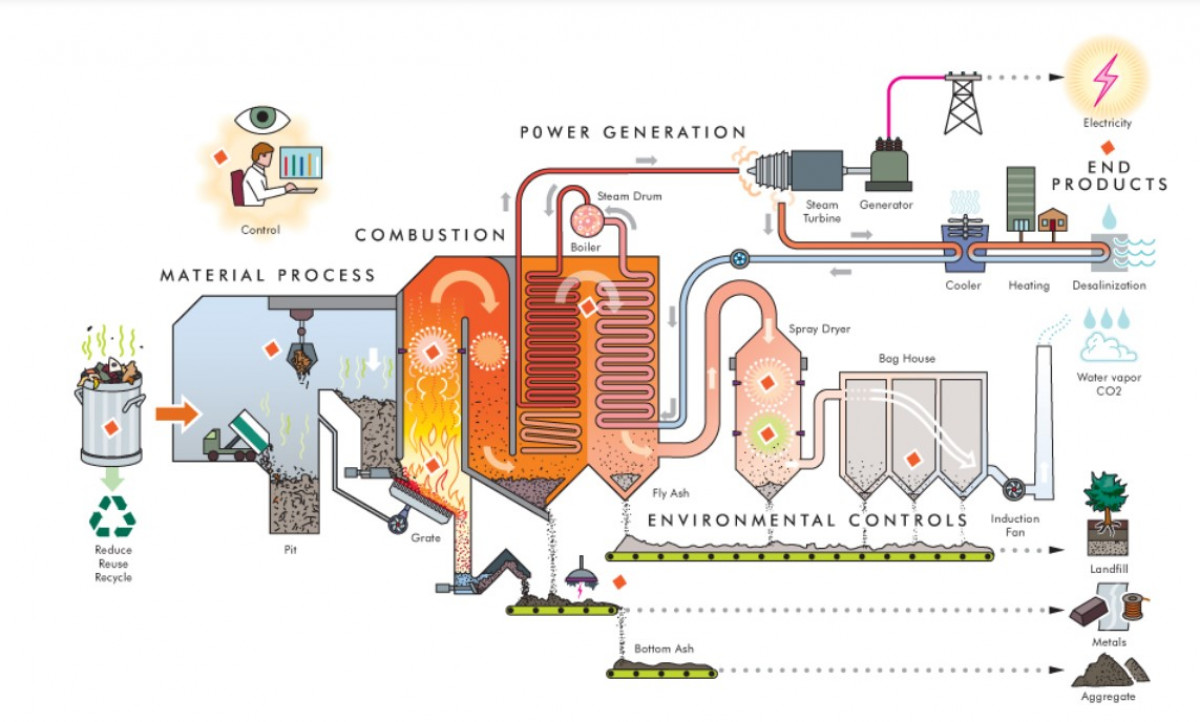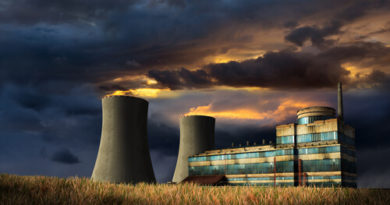Ram Charan to Invest Rs 15,000 cr to Set Up Plants to Manufacture Waste-to-energy Units in Tamil Nadu, Gujarat

Ram Charan — the little-known Chennai-based chemicals trader which, of late, has been developing technologies and equipment to convert industrial and municipal waste into energy that leave no residues — is investing Rs 15,000 crore to set up two such manufacturing plants in Tamil Nadu and Gujarat, a top company official has said.
While the Tamil Nadu unit will come up in the Rameshwaram district on a 70-acre land which will be acquired by the end of the month, the Gujarat plant will come on a similar sized plot in the Kutch district and the land for the same should be acquired by the end of the month or early next month.
Both the plants will see an investment of Rs 7,500 crore each and will be up and running in the third quarter of 2022, Kaushik Palicha, a director of the company, and the third generation of the founding family, told PTI from Chennai.
Palicha’s father had hailed from the Kutch region of Gujarat and had moved into Kerala’s Alleppey in the early part of the last century and then moved onto Madras (now Chennai) in the 1950s where they began chemicals trading in 1965.
Before entering deep-tech research in 2016 they had set up a joint venture with Japanese Wrm Shinji Kato in Baroda to manufacture speciality plastic components.
Ram Charan’s R&D is focused on developing end-of-life chemicals converting unsegregated waste into energy and manufacturing new-generation energy storage devices – the primary reason for the American fund TFCC International to go for such a high valuation and equity partnership for USD 4.14 billion.
Its waste-to-energy products and services are delivered under the brand name ‘Entity One’ and does not leave any residual waste, he added.
Early December 2021, Ram Charan had announced a USD 4.14-billion investment from the New York-based impact fund TFCC International for an equity consideration of 46 per cent, valuing the company at around USD 9 billion and making it among the largest private equity investments in the country.
Within weeks it signed a USD 2.2-billion deal with the Ghana-based Masri Company to supply waste to energy units that is expected to generate 300 mw of power in the African nation. Late last week, it also bagged a USD 700-million contract to supply similar units to the Azerbaijan-based Kafkans Finanz, which is into logistics, infrastructure, and imports, to set up waste management units and will generate at least 200 mw of power.
Both the orders will be completed by the middle of 2023, he said.
Palicha said while supplies to the Ghana company will begin from November 2022, the same to Kafkans will begin in December 2022 as he expects to get the proposed manufacturing units up and running by the third quarter of 2022.
On the funds for the proposed investment, he said the Wrst tranche of USD 1.7 billion from TFCC will come in any day now as he has already sought the approval from the Reserve Bank and the remaining portion will be internal accruals.
On vast price difference between the Ghana and Azerbaijan deals, he said it is based on the number and capacity of the units and the nature of the waste. While for Azerbaijan it is only 20 units with 2,000 tonne a capacity to turn simple industrial waste into power, for Ghana this is 43 units with 5,000 tonne capacity and the waste is complex given the highly contaminated bauxite mines and cobalt mines the African nation has.
On why he is not tapping the domestic market which has huge opportunities for his business, and despite having a plant in Chennai making smaller units Palicha said the existing public policy and government incentives do not allow him to try it our here.
TFCC International is a deep impact fund with investments from high-net- worth individuals, government agencies and Wnancial institutions, this marks their entry into the country. The fund is also looking at more impact investments here in areas of environment solutions, renewable energy and low-cost housing. Currently, with a portfolio of USD 20 billion invested in South Asia.
Ram Charan has to deploy the TFCC money into environment-to-energy management systems and renewable energy devices with high storage capacity that are made from sodium silicate.
The technology used by Ram Charan allows for zero toxic residue, and can be used to convert all types of unsegregated waste into energy, making it the Wrst of its kind globally and also the safest. Ram Charan is also amongst the first globally to set up end product responsibility for their products, he said, adding this is a globally first innovation.
The technology, developed in-house after research from 2016 has been branded under the name Entity1, and has a slew of products lined up for release from 2022 till 2024 that allows for zero toxic residue, and can convert all types of unsegregated waste into energy.




